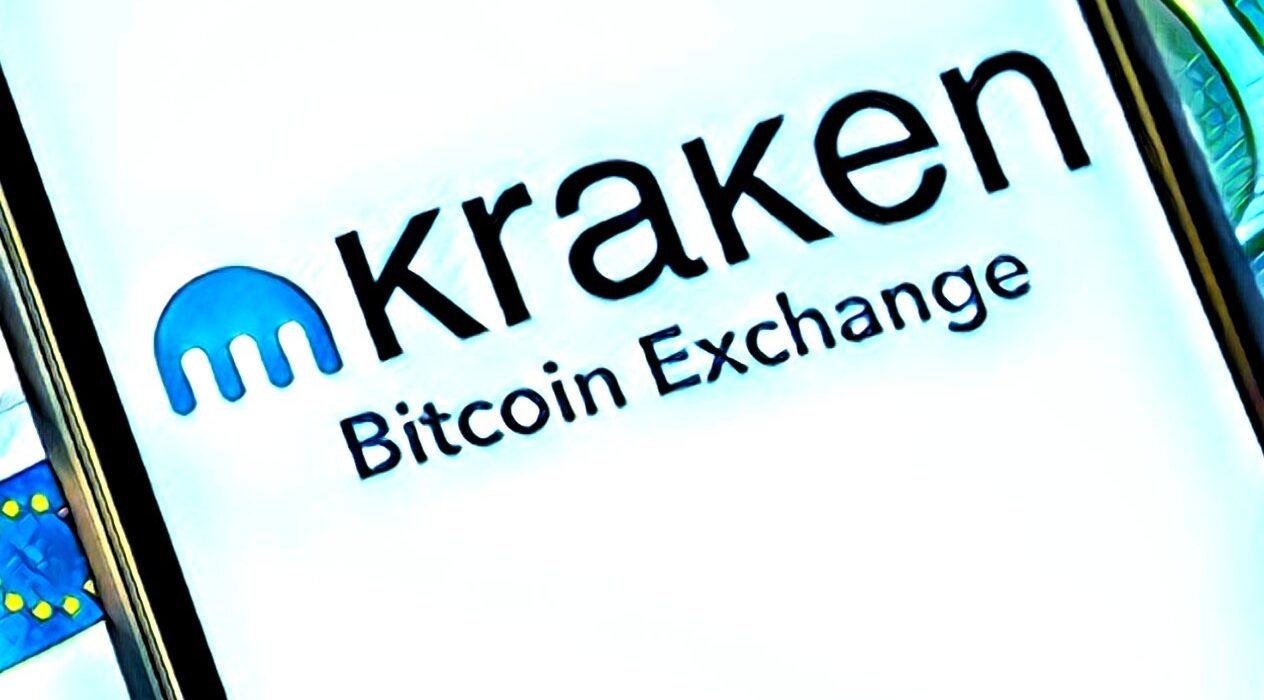Kraken Faces Backlash Over Flash Crash, Traders Consider Lawsuit
Cryptocurrency exchange Kraken is under fire after a flash crash on February 22 led to substantial losses for traders. Prices for several assets, including Ethereum (ETH) and Bitcoin (BTC), dropped significantly below market rates, triggering cascading liquidations. Some frustrated users are now organizing a class-action lawsuit, alleging the platform’s failure to manage the crash effectively.
What Happened During Kraken’s Flash Crash?
1. Extreme Price Drops
- Ethereum (ETH): Dropped by 64% to $700, despite a market value of approximately $1,600.
- Bitcoin (BTC): Fell by 22%, hitting levels below $45,000.
- Cardano (ADA) and other assets also experienced sharp declines.
2. Weak Buy Support and Liquidations
- A lack of buy orders and cascading liquidations contributed to the rapid price drops.
- These events disproportionately affected traders using leveraged positions on Kraken.
What Is a Flash Crash?
A flash crash occurs when an asset’s price plummets and recovers within seconds. These sudden movements often:
- Trigger Liquidations: Close leveraged positions, resulting in losses for traders betting in the wrong direction.
- Profit Opportunistic Traders: Fill low purchase orders, potentially yielding significant gains during the recovery.
Trader Reactions to Kraken’s Flash Crash
1. Calls for Legal Action
- Traders have voiced their frustrations on Reddit forums like r/Krakensupport, with some preparing to file a class-action lawsuit.
- A Reddit user, “dtk6802”, claimed to have lost most of their life savings.
- Another user, u/DumbestStableGenius, reported losing 50% of their account balance during the event.
2. Kraken’s Response
- Kraken reportedly denied responsibility, stating that its prices can sometimes deviate from other exchanges.
- The platform has promised to review the market movements during the crash and provide updates.
Wider Context: Market Volatility and Liquidations
The flash crash on Kraken highlights the broader risks of trading in volatile cryptocurrency markets:
1. Market-Wide Liquidations
- On February 15, a similar price drop wiped out $1.89 billion across the crypto market.
- Binance saw the largest liquidations, including $336 million in ETH and $55 million in BTC.
2. Leveraged Trading Risks
- High leverage amplifies both gains and losses, making traders vulnerable to sudden price movements.
- Flash crashes on individual exchanges can disproportionately impact traders, even when market-wide prices remain stable.
Implications for Kraken
1. Trust and Reputation
- Kraken’s refusal to compensate affected traders may damage its reputation.
- Transparency and proactive communication will be critical for rebuilding user confidence.
2. Legal Risks
- If a class-action lawsuit proceeds, Kraken could face legal and financial repercussions.
- Previous lawsuits against crypto exchanges highlight the potential for regulatory scrutiny.
3. Need for Infrastructure Upgrades
- To prevent future crashes, Kraken may need to improve its order book depth and system resilience.
Comparison to Other Exchanges
| Exchange | Incident | Response |
|---|---|---|
| Kraken | Flash crash with ETH at $700 | Denied responsibility, reviewing data |
| Binance | $1.89B liquidations during volatility | No compensation, improved tools |
| Coinbase | Outages during price surges | Enhanced server capacity |
Conclusion
Kraken’s flash crash underscores the challenges of trading in volatile crypto markets and the risks of leveraging positions on exchanges with insufficient buy support. While Kraken has promised to review the incident, traders’ frustrations and the potential for a class-action lawsuit highlight the need for stronger safeguards and more transparent practices in the cryptocurrency industry.
As cryptocurrency adoption grows, exchanges like Kraken must prioritize system robustness and user trust to remain competitive.
To learn more about the innovative startups shaping the future of the crypto industry, explore our article on latest news, where we delve into the most promising ventures and their potential to disrupt traditional industries.
Disclaimer: The information provided is not trading advice, Bitcoinworld.co.in holds no liability for any investments made based on the information provided on this page. We strongly recommend independent research and/or consultation with a qualified professional before making any investment decisions.




